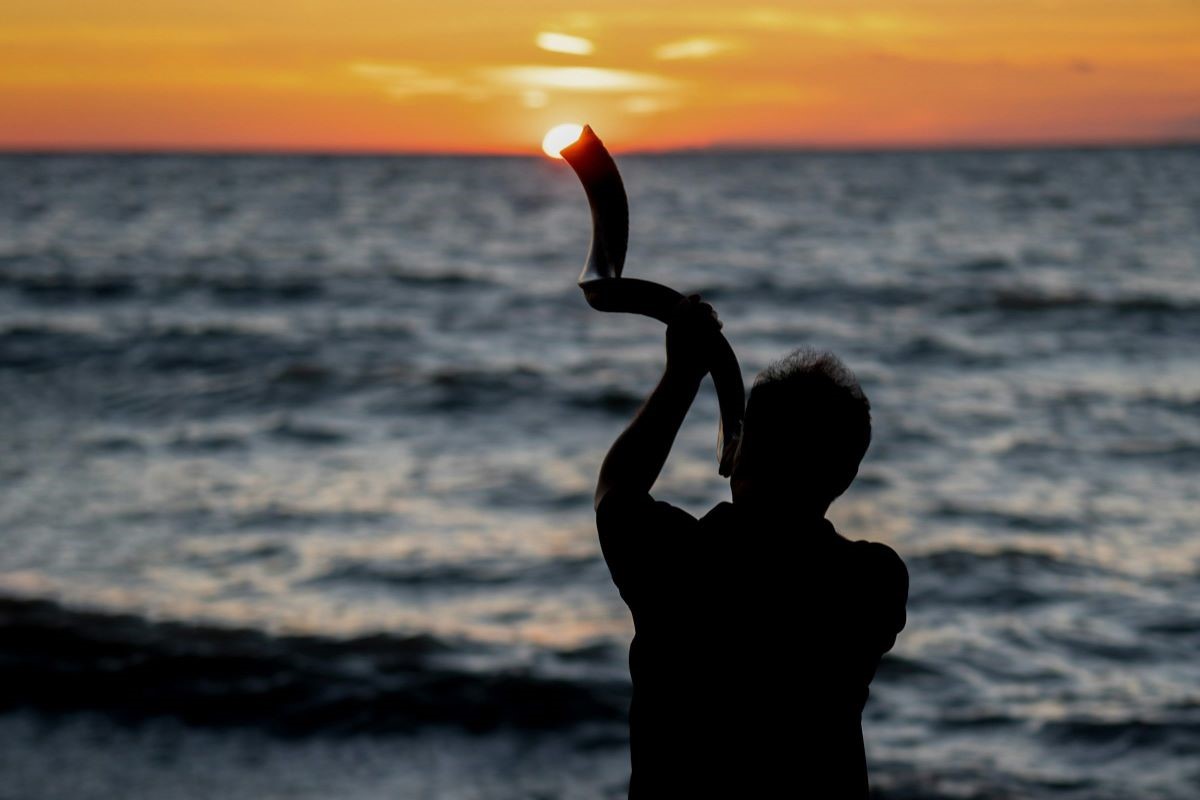Oct 31, 2025
When asked about the foundations of a Torah-observant life, most of us would likely point to Shabbat, the laws of kashrut (Jewish dietary practice), regular prayer, and Torah study. These, indeed, have stood at the heart of Jewish life for centuries. Yet, they do not fully capture the broader vision that the Torah first sets forth in this week’s parasha, Lech Lecha. “Go forth from your native land and from your father’s house to the land that I will show you. I will make of you a great nation, and I will bless you; I will make your name great, and you shall be a blessing. I will bless those who bless you, and curse those who curse you; and all the families of the earth shall bless themselves by you.” (Genesis 12:1-3). Here, God calls upon Abram (later Abraham) to leave the comfort and familiarity of his home—to uproot himself from his country, his birthplace, and his family—and embark upon a journey to an unknown land.














